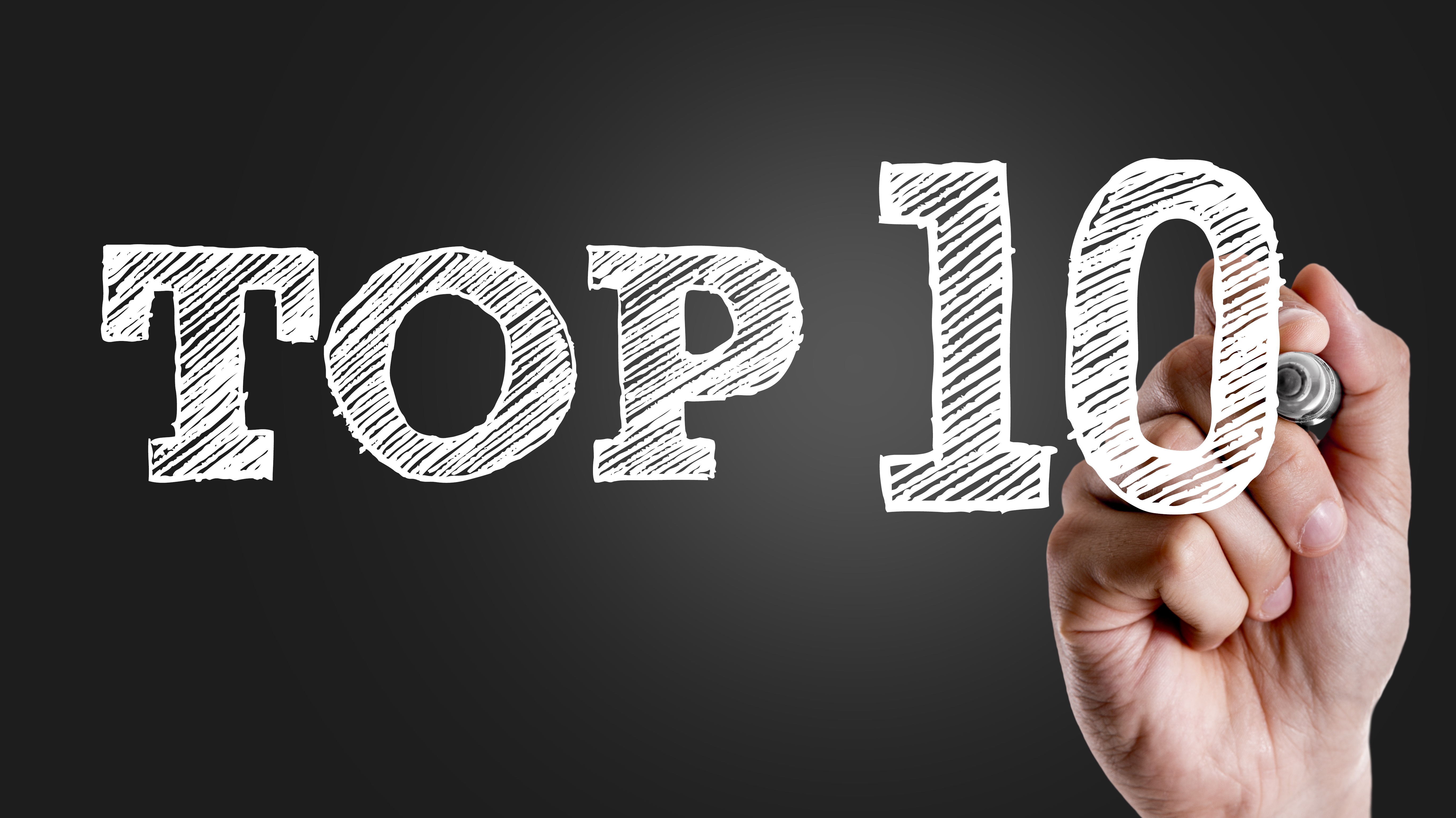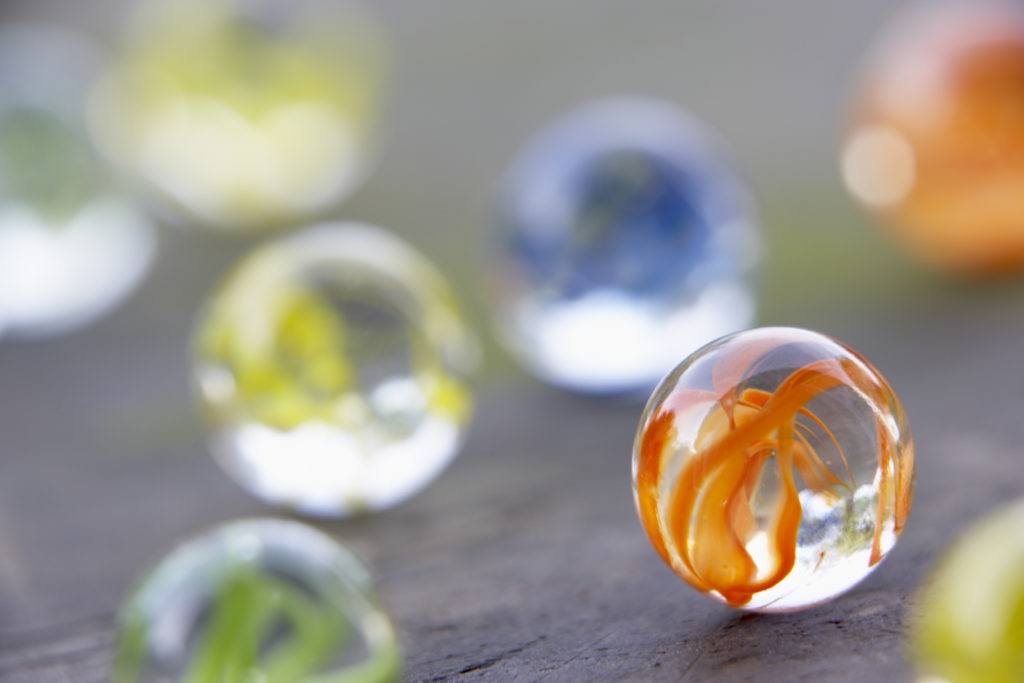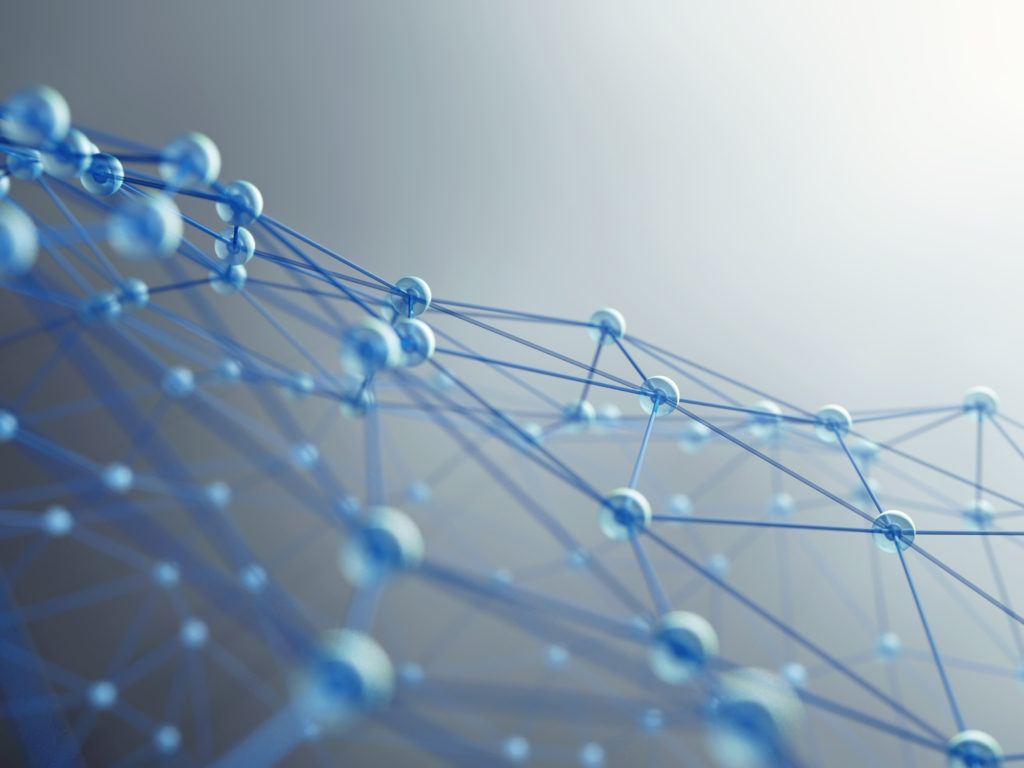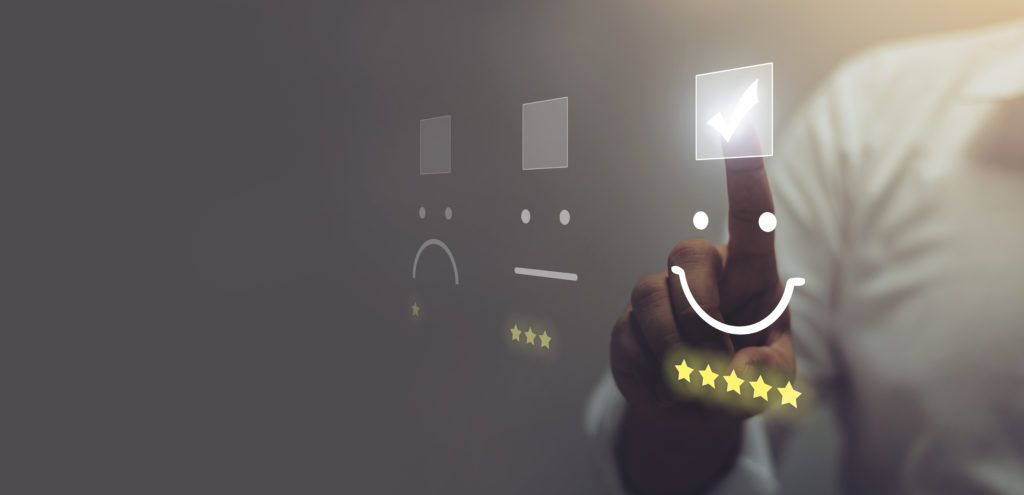
The Top 10 Psilocybin Research Papers of the Last 20 Years
A 2006 paper by Dr. Roland R. Giffiths and his team holds the #1 spot
JULY 08, 2019 - BARB BAUER
The increasing interest in studying the beneficial effects of psychedelic drugs presents an appropriate moment to take a look back at some of the most highly-cited psilocybin research papers of the last 20 years.
To aid in compiling and organizing the resulting data, searching Google Scholar was done using the free program Publish or Perish.
The search was set up to cover the years 1999 to 2019 to find studies with “psilocybin” in the title of the paper. The results are shown below with a brief summary.
The number of citations and year of publication for each is listed in Table 1.
It is important to note that a high citation count for a paper does not necessarily mean it is a high-quality study. A quick internet search reveals there are several ways to artificially inflate the citation count of scientific papers. Conversely, there are likely current ground-breaking papers on psilocybin that did not make the top 10 list because they are new and do not have enough citations yet. This top 10 list is meant to be a retrospective for general reference. The resulting list shown in Table 1 does contain several distinguished and respected psychedelic researchers, which adds validity to their citation counts.
1. Griffiths RR, Richards WA, McCann U, Jesse R. Psilocybin can occasion mystical-type experiences having substantial and sustained personal meaning and spiritual significance.
This double-blind study tested the short and long-term psychological effects of high doses of psilocybin (30 mg/70 kg) on volunteers compared to the comparison compound methylphenidate hydrochloride. The volunteers were all hallucinogen näive and participated in regular religious or spiritual activities. Psilocybin produced a variety of acute perceptual changes and subjective experiences as well as decreased anxiety and increased measures of mystical experience. The data showed the psilocybin-occasioned mystical experiences were similar to spontaneously occurring mystical experiences. The data from the 2-month follow-up showed the effects of psilocybin had persisted with the volunteers saying it had substantial personal meaning and spiritual significance for them. Also, the volunteers attributed the positive changes in their behavior and attitude since the study to their psilocybin experience.
2. Carhart-Harris RL, Erritzoe D, Williams T, et al. Neural correlates of the psychedelic state as determined by fMRI studies with psilocybin.
These researchers used a brain imaging technique called fMRI (functional magnetic resonance imaging) to examine how the human brain transitions from the normal waking state to the psychedelic state under the influence of psilocybin. The results indicated that the subjective effects of psilocybin (and other psychedelic drugs) are due to decreased activity and connectivity in key connector hubs in the brain which allows it to enter “a state of unconstrained cognition.”
3. Griffiths R, Richards W, Johnson M, McCann U, Jesse R. Mystical-type experiences occasioned by psilocybin mediate the attribution of personal meaning and spiritual significance 14 months later.
This study is the 14-month follow up to the Griffiths et al. study that is #1 on the list. The researchers report that at 14 months post-study, 58% of the volunteers said their psilocybin-occasioned experience as among the five most personally meaningful in their lives. Sixty-seven percent reported is as one of their top five most spiritually significant experiences. Also, increased life-satisfaction was reported by 64% of the volunteers, and 58% met the criteria for having had a “complete” mystical experience. Overall, having a mystical experience during the original study was determined to be central to the high ratings of personal meaning and spiritual experience at the follow-up.
4. Grob CS, Danforth AL, Chopra GS, et al. Pilot study of psilocybin treatment for anxiety in patients with advanced-stage cancer.
In this double-blind and placebo-controlled study examined, researchers examined the effect of a moderate dose (0.2 mg/kg) of psilocybin on feelings of anxiety in twelve adult patients with advanced-stage cancer. The results showed a significant reduction in anxiety at one and three months after treatment. Mood improvement of the patients reached a significant level after six months. As a pilot study, this work determined it is safe and feasible to administer moderate doses of psilocybin to advanced-stage cancer patients with anxiety, and some of the data showed improvements in mood and anxiety over time.
5. MacLean KA, Johnson MW, Griffiths RR. Mystical experiences occasioned by the hallucinogen psilocybin lead to increases in the personality domain of openness.
This 2011 paper reports on the effects of psilocybin on five aspects of personality; neuroticism, extroversion, openness, agreeableness, and conscientiousness on healthy volunteers. The data showed that in addition to the volunteers reporting hallucinogen-induced increases in aesthetic appreciation, imagination, and creativity, there were significant increases in openness following a high-dose ( 30 mg/kg to 70 mg/kg) psilocybin session. In addition, openness remained significantly higher than the baseline more than a year later if the volunteer had a mystical experience during their psilocybin session.
6. Griffiths RR, Johnson MW, Richards WA, Richards BD, McCann U, Jesse R. Psilocybin occasioned mystical-type experiences: immediate and persisting dose-related effects.
Eighteen hallucinogen-näive adults were chosen for this double-blind study to evaluate the effect of several doses of psilocybin administered under supportive conditions. The results of the study showed that when used under supportive conditions, psilocybin (20, 30, and 70 mg/kg) occasioned mystical-type experiences that had long-lasting positive effects on mood, attitude, and behavior. Interestingly, the lowest dose showed the most significant effects.
7. Carhart-Harris RL, Bolstridge M, Rucker J, et al. Psilocybin with psychological support for treatment-resistant depression: an open-label feasibility study.
Twelve patients with moderate to severe, unipolar, treatment-resistant depression were given two oral doses of psilocybin (10mg and 25 mg) seven days apart along with psychological support. Compared to the baseline data, the patient’s depressive symptoms were “markedly reduced” one week and three months after treatment. They also experienced significant and sustained improvements in their feelings of anxiety and lack of pleasure in their lives (anhedonia). This study provided preliminary evidence to support the safety and efficacy of using psilocybin for treatment-resistant depression.
8. Moreno FA, Wiegand CB, Taitano EK, Delgado PL. Safety, tolerability, and efficacy of psilocybin in 9 patients with obsessive-compulsive disorder.
This double-blind study tested the effects of four low (100 µg/kg) medium (200 µg/kg), or high (300 µg/kg) oral doses of psilocybin on relieving the symptoms of obsessive-compulsive disorder (OCD) in nine patients. Data were gathered at baseline and at 4, 8, and 24 hours post ingestion. The researchers inserted a very low dose (VLD) (25 µg/kg) of psilocybin randomly throughout the study anytime after the first dose. The researchers hypothesized that there would be negligible at the VLD and used it as a placebo. The results showed that “Marked decreases in OCD symptoms of variable degrees were observed in all subjects during one or more of the testing sessions.” Interestingly, strong responses were even seen at the VLD.
9. Bogenschutz MP, Forcehimes AA, Pommy JA, Wilcox CE, Barbosa PCR, Strassman RJ. Psilocybin-assisted treatment for alcohol dependence: a proof-of-concept study.
This 2015 study tested the effects of one or two oral doses of psilocybin on ten volunteers with alcohol dependence. The volunteers were dosed with psilocybin at 0.3 mg/kg and given motivational and supportive therapy both before and after administration. Four weeks later, the volunteers were given a second dose of 0.4 mg/kg unless they did not want to an increase, had adverse effects from the first dose, or had a complete mystical experience from the first dose. The results showed that the intensity of the first psilocybin session strongly predicted changes in drinking behavior over the next four weeks. The intensity of the first session also predicted decreases in alcohol cravings and increases in abstinence self-efficacy. Those volunteers who had a second dose of 0.4 mg/kg experienced similar results.
10. Johnson MW, Garcia-Romeu A, Cosimano MP, Griffiths RR. Pilot study of the 5-HT2AR agonist psilocybin in the treatment of tobacco addiction.
In 2014, this pilot study tested moderate (20 mg/ 70 kg) and high (30 mg/ 70 kg) oral doses of psilocybin on 15 smokers in conjunction with a 15-week smoking cessation treatment protocol. The study gathered data at several points, including biomarker assessments for smoking and self-reporting by the participants. At the 6-month follow-up after the study, 80% of the participants were still abstinent from smoking. This exceeds the <35% rate typically seen using behavioral and/or pharmacological therapies.
Table 1: The top 10 psilocybin research papers from 1999 to 2019 with “psilocybin” in the title based on citation counts in Google Scholar.
NUMBER OF CITATIONS YEAR OF PUBLICATION
REFERENCE
783 2006 Griffiths RR, Richards WA, McCann U, Jesse R.
Psilocybin can occasion mystical-type experiences having substantial and sustained personal meaning and spiritual significance.
Psychopharmacology. 2006;187(3):268-283. doi:10.1007/s00213-006-0457-5
477 2012 Carhart-Harris RL, Erritzoe D, Williams T, et al. Neural correlates of the psychedelic state as determined by fMRI studies with psilocybin. PNAS. 2012;109(6):2138-2143. doi:10.1073/pnas.1119598109
454 2008 Griffiths R, Richards W, Johnson M, McCann U, Jesse R. Mystical-type experiences occasioned by psilocybin mediate the attribution of personal meaning and spiritual significance 14 months later. J Psychopharmacol. 2008;22(6):621-632. doi:10.1177/0269881108094300
442 2011 Grob CS, Danforth AL, Chopra GS, et al. Pilot study of psilocybin treatment for anxiety in patients with advanced-stage cancer. Archives of General Psychiatry. 2011;68(1):71-78. doi:10.1001/archgenpsychiatry.2010.116
350 2011 MacLean KA, Johnson MW, Griffiths RR. Mystical experiences occasioned by the hallucinogen psilocybin lead to increases in the personality domain of openness. J Psychopharmacol. 2011;25(11):1453-1461. doi:10.1177/0269881111420188
321 2011 Griffiths RR, Johnson MW, Richards WA, Richards BD, McCann U, Jesse R. Psilocybin occasioned mystical-type experiences: immediate and persisting dose-related effects. Psychopharmacology. 2011;218(4):649-665. doi:10.1007/s00213-011-2358-5
278 2016 Carhart-Harris RL, Bolstridge M, Rucker J, et al. Psilocybin with psychological support for treatment-resistant depression: an open-label feasibility study. The Lancet Psychiatry. 2016;3(7):619-627. doi:10.1016/S2215-0366(16)30065-7
248 2006
Moreno FA, Wiegand CB, Taitano EK, Delgado PL. Safety, tolerability, and efficacy of psilocybin in 9 patients with obsessive-compulsive disorder. Journal of Clinical Psychiatry. 2006;67(11):1735-1740. http://www.maps.org/research-archive/w3pb/2006/2006_Moreno_22868_1.pdf.
242 2015 Bogenschutz MP, Forcehimes AA, Pommy JA, Wilcox CE, Barbosa PCR, Strassman RJ. Psilocybin-assisted treatment for alcohol dependence: a proof-of-concept study. Journal of psychopharmacology. 2015;29(3):289-299. doi:10.1177/0269881114565144
232 2014 Johnson MW, Garcia-Romeu A, Cosimano MP, Griffiths RR. Pilot study of the 5-HT2AR agonist psilocybin in the treatment of tobacco addiction. J Psychopharmacol. 2014;28(11):983-992. doi:10.1177/0269881114548296
MORE ARTICLES ABOUT
WE'VE JUST LAUNCHED
Psychedelic Science Review is embarking on a journey to bring cutting edge science in the field of psychedelics to you in the most accessible, thorough and scientifically accurate way possible.
But we still have a long way to go...
Please bear with us as we roll out the our brand new site, and check back frequently for updates.
Support free access to the latest psychedelic science by liking our Facebook page and by following @psyscireview on Twitter.
© 2019 PSYCHEDELIC SCIENCE REVIEW







